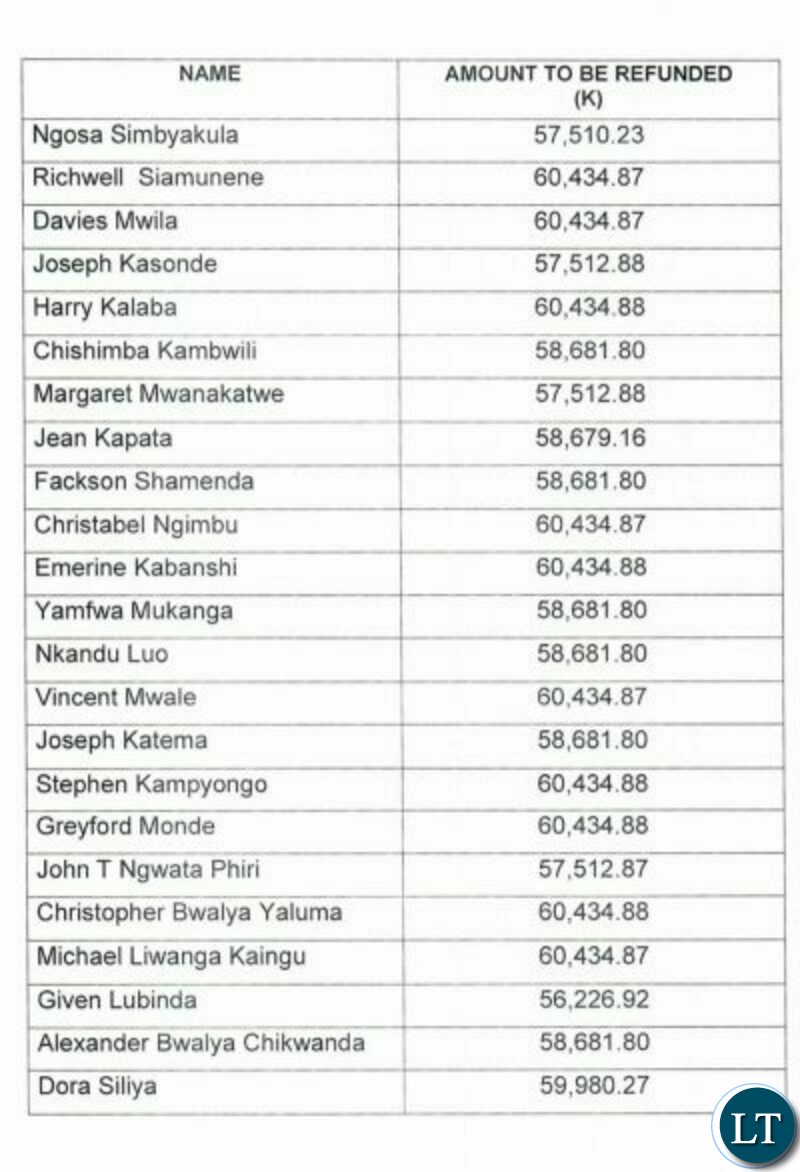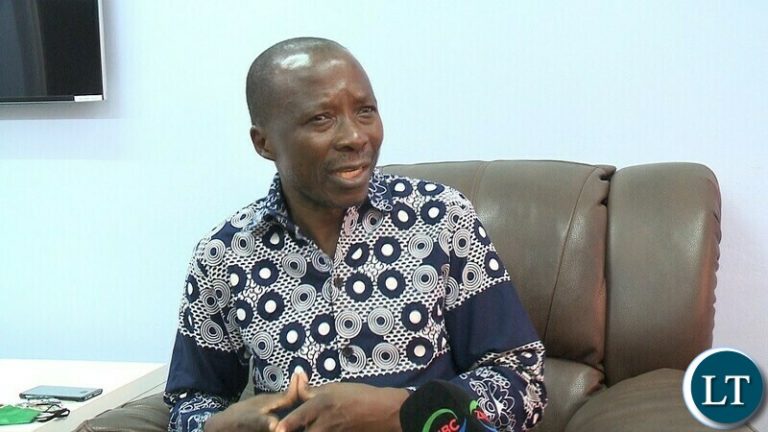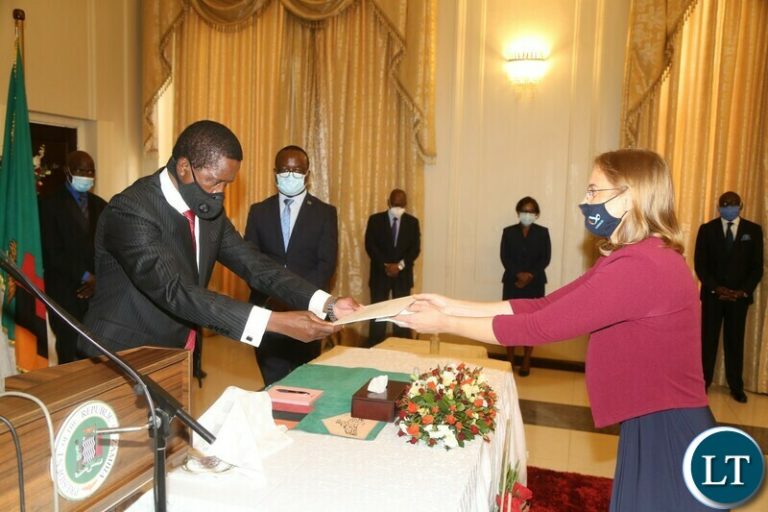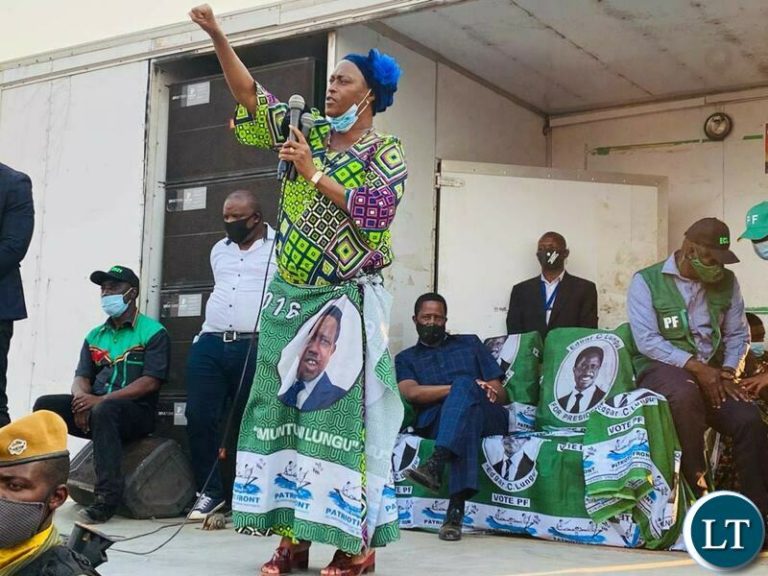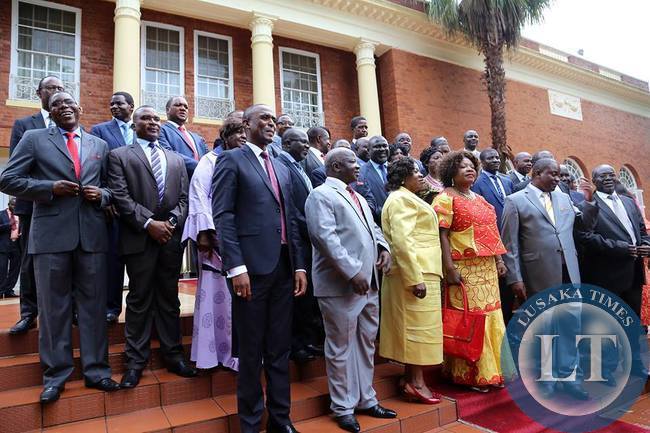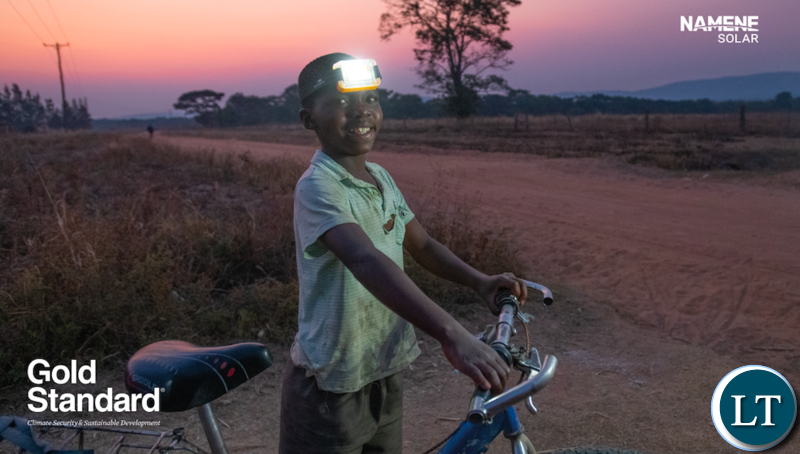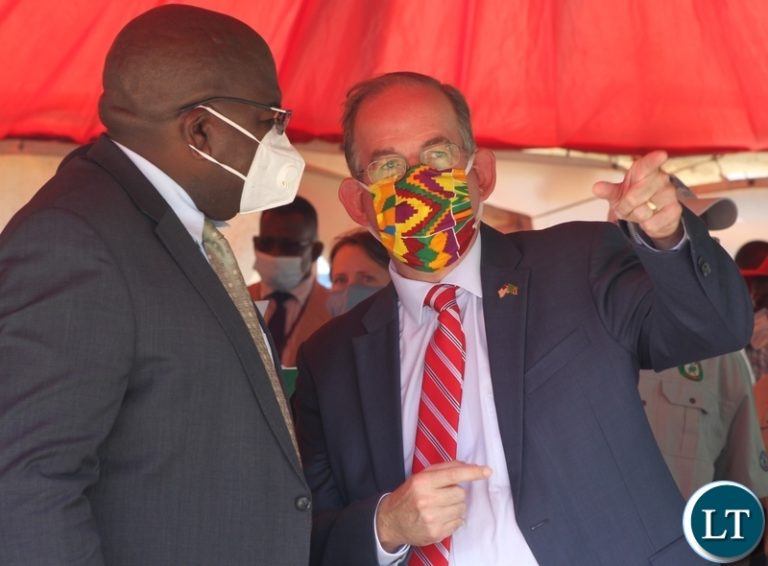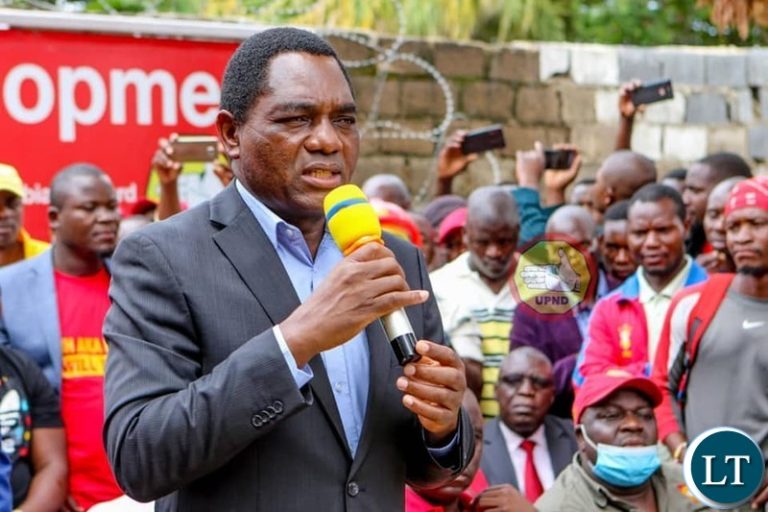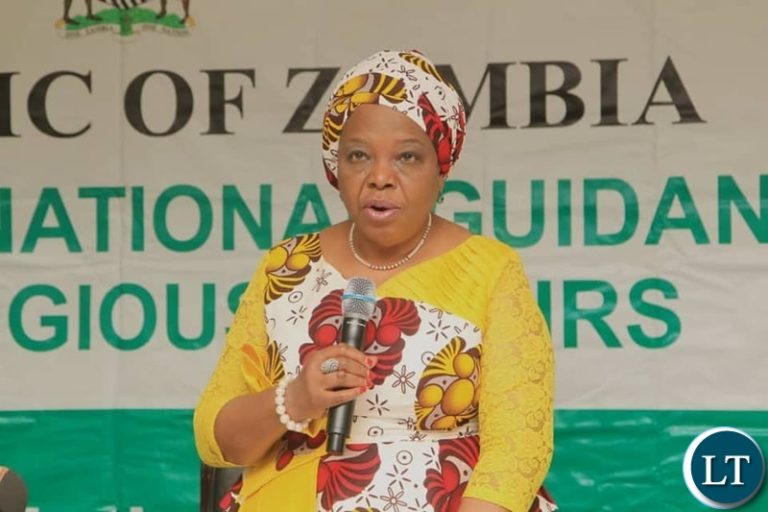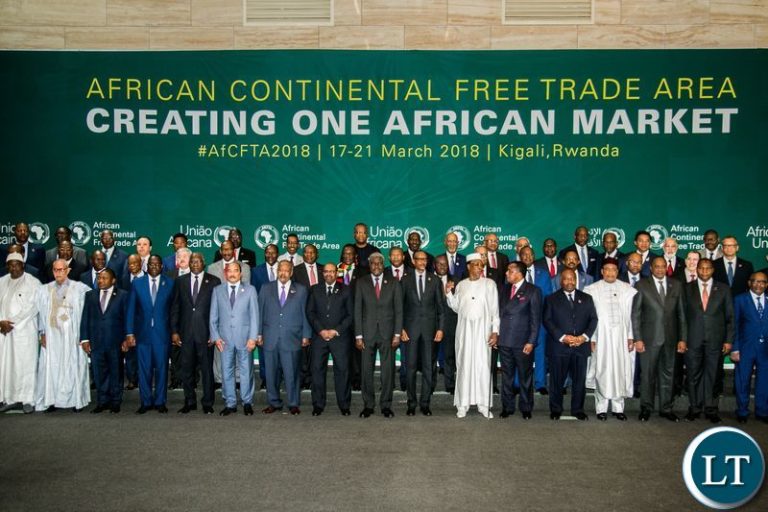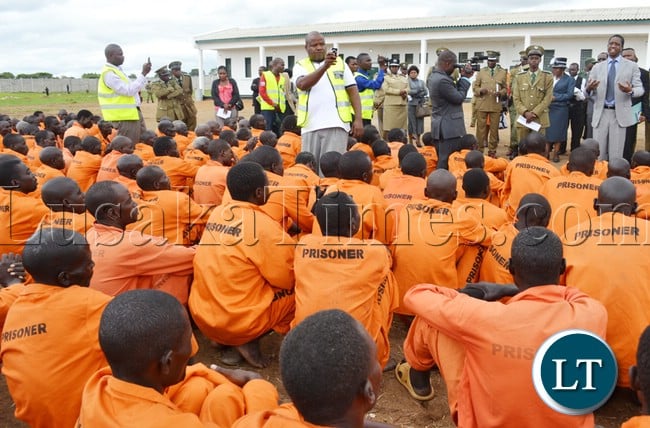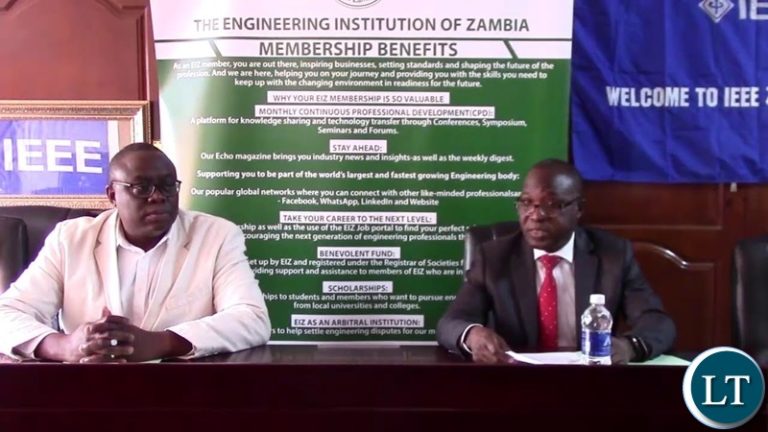THE Constitutional Court has given former Cabinet ministers, their deputies and provincial ministers 30 days in which to pay back over K4.2 million which they got from the government in 2016.
In this case, Ngosa Simbyakula and 63 others are supposed to pay back a total of K4, 266,664.10 as salaries and allowances for May to July 2016.
This followed the court’s judgment of August 8, 2016 which ordered the ministers to pay back to the State all the allowances and salaries they received when Parliament was dissolved.
The Law Association of Zambia (LAZ) and UPND general secretary Stephen Katuka had challenged the continued stay of the ministers after parliament was dissolved ahead of the 2016 general elections and the case was decided innyheir favour.
And delivering the ruling of the court, Constitutional Court registrar Dorcus Malama said it was common cause that Simbyakula and others were all paid their respective salaries and allowances in full for the period, May to July, 2016.
She said there was no evidence of any other further payment of salaries and allowances made beyond the month of July 2016.
“Considering that this computation of salaries and allowances paid in May, June and July is undisputed and that it was based on the official payment records for the second to the 64th respondents for the said period. I accept this evidence and find that the second to 64th respondents were each paid salaries and allowances in full by the State in the months of May, June and July, 2016,” she said.
Malama however, said the monies which would be paid back was less the K8,000 repatriation allowances which the State owed the respondents.
“I have first assessed the second to 64th respondents respective earnings for the first eleven days of May, 2016. I have further deducted the 11 days earnings for each of these respondents from the respective totals of the salaries and allowances to be deducted from ministers, as re-computed by the first respondent after the deduction of the repatriation allowances from the initial computation. The resulting totals are, in my view, the amounts that should be refunded to the State by the second to the 64th respondents,” she said.
Malama said on the issue of interest that since the judgment of August 8, 20216 which directed the assessment, did not award interest against the respondents, the argument by LAZ that the monies be paid back with interest could not be sustained.
According to the computed figures, Kapembwa Simbao will pay K61,434.88, Dora Siliya who is now information minister is expected to pay back K59,980,27, Davies Mwila K60,434.87, Lands minister Jean Kapata K58,679.80 and Vincent Mwale K60,434.87.
“The assessed amounts shall be paid with 30 days from date of this ruling, Each party shall bear their own costs,” said Malama.
Below is the list of Ministers and the amount to be refunded
